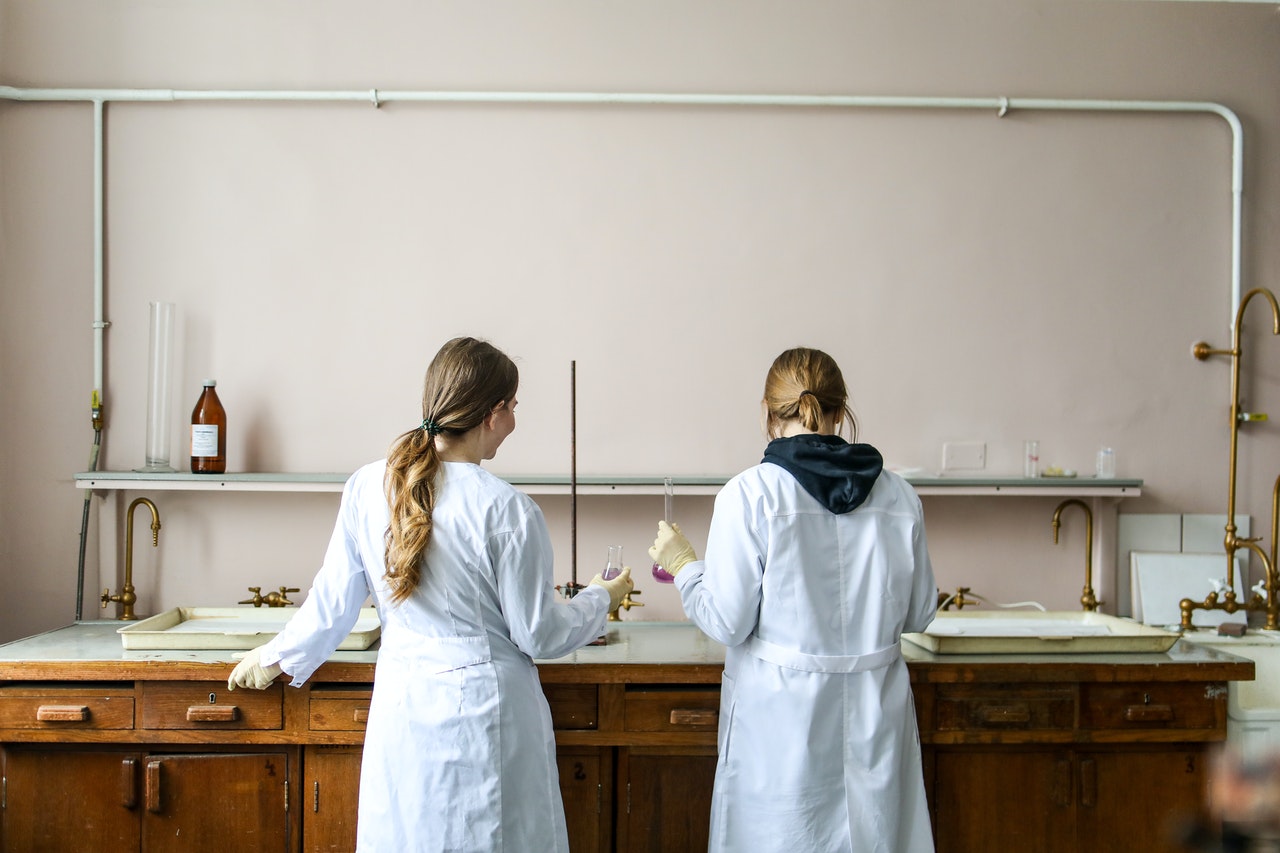Is there a way in which we can improve on scientific collaboration? Some people may feel that we already have good and effective research collaboration arrangements, but the truth of the matter is that they are really quite limited. When we talk about a scientific collaboration, we are essentially talking about two or more scientists all sharing their knowledge to get the best possible result for any given experiment. If you take all the work in the world together it certainly can’t happen that way.

How Important Are Scientific Collaborations
Scientific collaborations have become increasingly complex over the last few decades. The invention of the internet has dramatically changed the way we communicate with one another. In the past, all communication was through written forms, but now all communication can be done through the internet, email, instant messaging or chat rooms. If you look at the progress of science and technology over the last 50 years, you’ll see that collaboration has been vital in all these fields. Now, many people think that collaboration is something that only comes from work in an actual laboratory, but this is simply not true anymore.
One of the problems with collaboration today is that it tends to be very rigid and structured. For example, scientists are all expected to meet in a certain place, to be at a specific time, to have some kind of equipment and sometimes even to have a certain format for the communication between each other. While this type of coordination may have worked for a short time, most of us don’t have the time, money or dedication to continue doing this.

Progress Moving Forward
The way forward for improving the performance of scientific collaboration is to encourage more people to participate in this activity. Many scientists today work remotely from home, while others work from a remote office, and the only way in which we can improve collaboration is by giving these individuals more flexibility and freedom in how they carry out their work. Some ways in which this can be achieved include making the process easier by including more people, using less machinery and making the communication more casual.
If we want to help our collaboration to be better, then we need to look at what we can do now. There are many ways that we can increase the amount of participation and also the quality of collaboration. For example, there are more researchers now taking part in online collaborative projects, where they use the internet to exchange their findings with others around the world, such as with colleagues who have a different field of expertise or are in the same.

Further Research
Another area in which scientific collaboration has actually become more rigid is that of the scientific publishing. Although there are lots of journals that publish various aspects of science, the reality is that many papers are rarely read by others, let alone reviewed by a committee of experts.

A freelance science writer specialising in emerging technologies, collaborative research projects, and making complex scientific concepts accessible to a wider audience.





